
The Best DNA and Ancestry Products Compared
DNA Testing And Diabetes Predictors
Diabetes and Your Health
Diabetes can leave you feeling weak and tired and struggling to get through the day. We created a guide to DNA testing and diabetes to help you understand how the right tests can help you.
Advertising Disclosure
Many or all of the companies featured provide compensation to us. These commissions are how we maintain our free service for consumers. Compensation, along with hours of in-depth research, determines where & how companies appear on our site.
Diabetes is a medical condition that affects millions of people around the world. It occurs when your body cannot naturally break down the sugars that you eat. Depending on the type of diabetes you have, you may need to give yourself injections every day or take a medication by both. Type 1 diabetes was originally called juvenile diabetes because it affected younger people more often than older people. Anyone dependent on insulin is now considered a type 1 diabetic. Type 2 diabetics take medication by mouth. They have risk factors that can increase their chances of suffering from diabetes, including being overweight and leading a sedentary lifestyle. Patients with type 1 diabetes can develop the condition because they have a family history of the disease.
If one or more of your parents and other close relatives have diabetes, the chances are high that you might receive a diabetes diagnosis yourself in the future. Many people who were adopted or have little contact with their families have no idea of their medical histories though. If you’re one of them, you may want to take a DNA test that predicts your risk of developing diabetes. 23AndMe is one of the top tests out there that provides health information to those in need.
Signs of Diabetes
- Increased thirst
- An increase in how often you use the bathroom
- Feeling tired or run down most of the time
- Increased appetite
- Sores that take a long time to heal

Maturity Onset Diabetes of the Young (MODY)
Though your doctor can diagnose you with type 1 or type 2 diabetes, there is another version of the disease called Maturity Onset Diabetes of the Young (MODY). MODY is difficult to diagnosis because it may not present with the same symptoms that other forms of diabetes do. Many patients also experience advanced symptoms that mimic those found in untreated diabetics. A small number of DNA tests will test your genes to determine if you carry the gene for this disease. This lets you know whether you can pass the disease down to your children and if you have a risk of suffering from the disease.
Unlike other types of DNA testing kits that process and send you back the results, this type of test requires help from a licensed doctor. When you submit your sample and the lab processes it, it will send the results to the doctor. The doctor is the one responsible for finding the MODY gene in your sample and looking at what it means for you. Around five percent or less of those diagnosed with diabetes have the MODY strain. This test can help you work with your genetic counselor and create a treatment plan with your doctor.
MODY Risk Factors
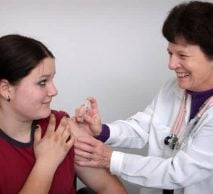

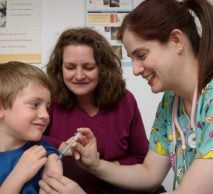

Monogenic Diabetes
Most of the rare forms of diabetes that pass from one generation to the next is a type of monogenic diabetes. In addition to MODY, it can include neonatal diabetes. This is a condition only found in babies who are under the age of six months. Mutations in the child’s DNA causes him or her to develop a form of diabetes that insulin cannot treat. Doctors will usually only test for this if the child does not grow to a healthy weight. They can also do blood tests to see if the child carries the antibodies associated with this condition.
The main treatment for neonatal diabetes is insulin, but the doctor will only give the child insulin for a few months to get the condition under control. Most patients do not develop any other symptoms of diabetes and can live for years without exhibiting any symptoms. Doctors treating MODY patients will often prescribe a medication that increases the body’s production of insulin. If you worry that you or your child might develop monogenic diabetes, you can undergo genetic testing. Doctors will often recommend that parents get genetic tests done after their child receives a diabetes diagnosis and that they test any of their other children too.
Risk Factors of Neonatal Diabetes
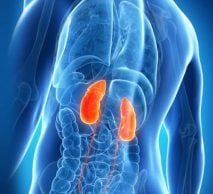



Types of DNA Tests
The most common type of DNA test is a blood test. To have one done, you must visit a laboratory or a clinic and have a doctor, nurse or phlebotomist take the sample. The professional will wrap a band around your arm to find the vein and then insert the needle directly into the vein. Other types of DNA tests include:
- Cheek swabs that collect saliva from inside your cheek
- Saliva samples that require you collect saliva in your mouth and put it into a sample vial
- Heel prick, which professionals recommend for small children such as newborns
- Tests done to children inside the womb
For most of these tests, you’ll need professional help. In our Best DNA Testing Kits For Ancestry, we talk about how home kits are easy to use. You can choose the type of sample that you want to collect and send and then look at tests that will use that sample. If you want to take a genetic sample from a newborn or a toddler, you may find it helpful to work with a clinic. The clinic can take a small sample in seconds that will cause minimal discomfort to the child.
Types of DNA Tests
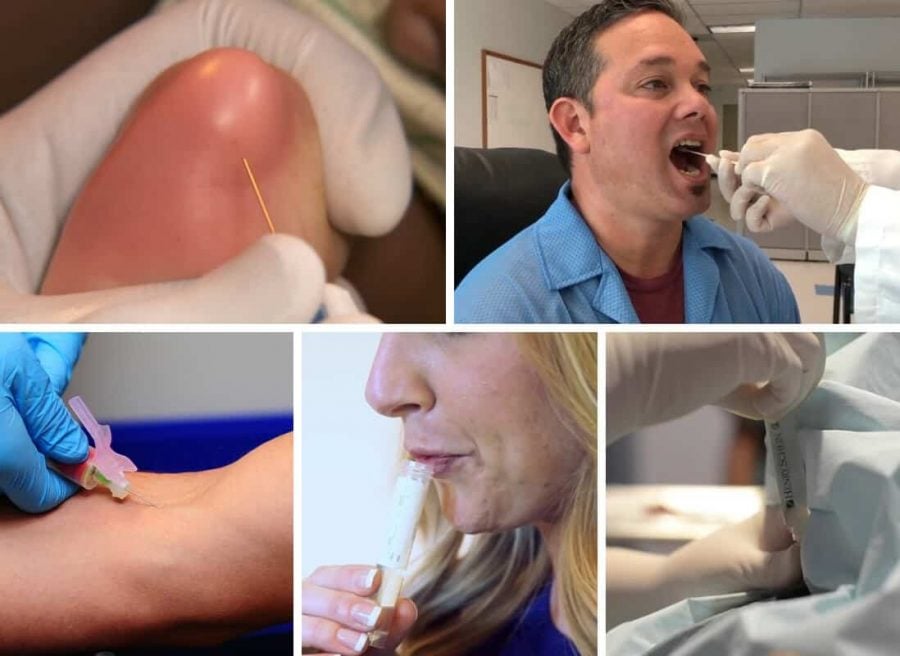
Diagnostic and Other Types of Tests
The basic DNA test that many people use at home is one that tests a sample for genes that are similar to those found in other samples. When you take the test offered by Ancestry.com and other sites, you receive results that show you the regions and countries where your ancestors once lived and where you still have family today. Most companies have forums and message boards that you can access too. Not only can you post about your results, but you can contact other users who share your DNA. Home kits are far from your only choice though. You can take other types of DNA tests that include:
- Carrier testing to see if you might pass mutations and other genes down to your children
- Diagnostic testing that determines if you suffer from genetic conditions
- Prenatal testing to look at any conditions your child might have while in the womb
- Predictive testing that checks for any predispositions you have to certain genetic conditions
Home DNA testing kits offer a type of genealogy testing that only looks at your genes in terms of your family’s heritage. If you want medical information, you must choose a test with health testing such as the one from 23andMe.
Ways to Prevent Diabetes




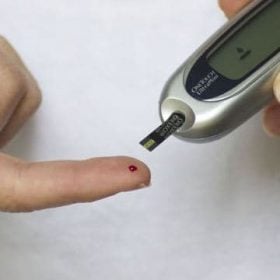
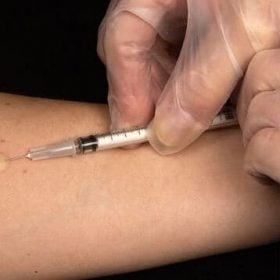
Why is Diabetes Testing So Important?
Diabetes testing is important because it can help you identify the risk factors you have that are associated with the condition and learn what to do to prevent the disease. Though you may develop diabetes at a young age because your mother had the condition, you may also develop something called pre diabetes later in life. This is when the doctor finds that you have an elevated blood sugar rating but that you do not have all the signs of the condition. The doctor may prescribe metformin or a similar medication that can delay the onset of diabetes.
Testing is also important because diabetes relates to so many other medical conditions. If you receive a diabetes diagnosis, you have an increased risk of developing cardiovascular disease and Alzheimer’s disease. It also increases your risks of suffering damage to your eyes, feet and nerves. Nerve damage can cause numbness in your feet and legs and require amputation in the future. You may find that any wounds on your feet take a long time to heal and that your vision becomes blurry or foggy. Having a predictive DNA test done is the best way to see if you have a risk of developing diabetes at some point in your life.
Signs of Diabetic Nerve Damage
- A pins and needles sensation
- Numbness in your feet and/or legs that affects one or both sides
- Pain that worsens when you spend more time on your feet and at night
- Unexplained brushes and cuts on your feet and legs
- An increased sensitivity in your feet and/or legs

DNA Testing and Diabetes Predictors
If you have a family history of diabetes and want to know if you carry the same genes, you should have a DNA test done. 23AndMe gives you the option of taking a home test and getting your anonymous results later. Other tests function as genealogy kits that can give you more information about your family. You need to make sure that you pick the right test based on whether you want general family info or detailed medical results.
